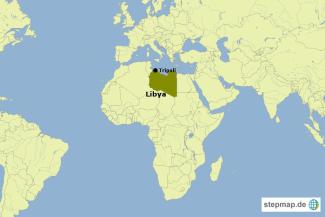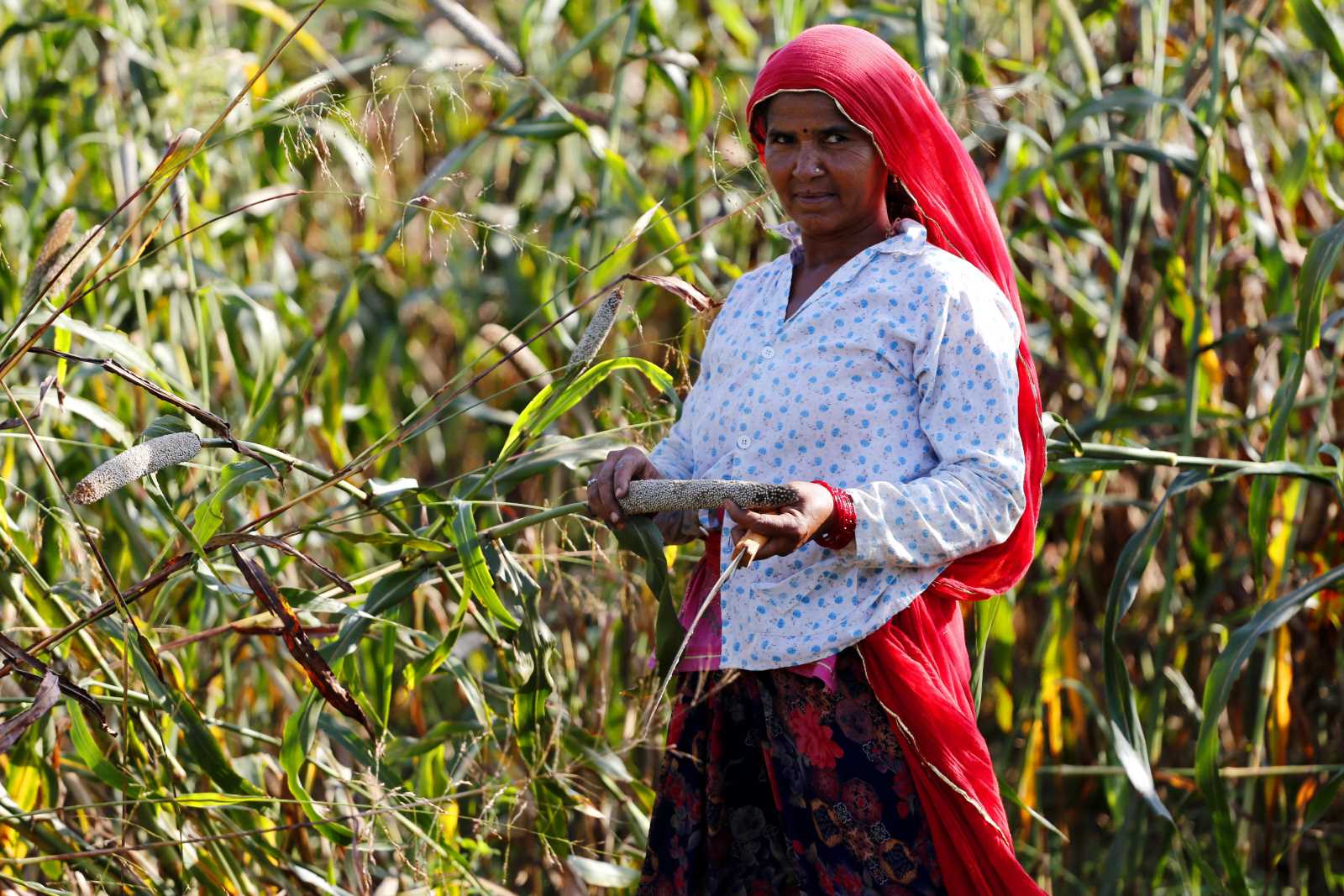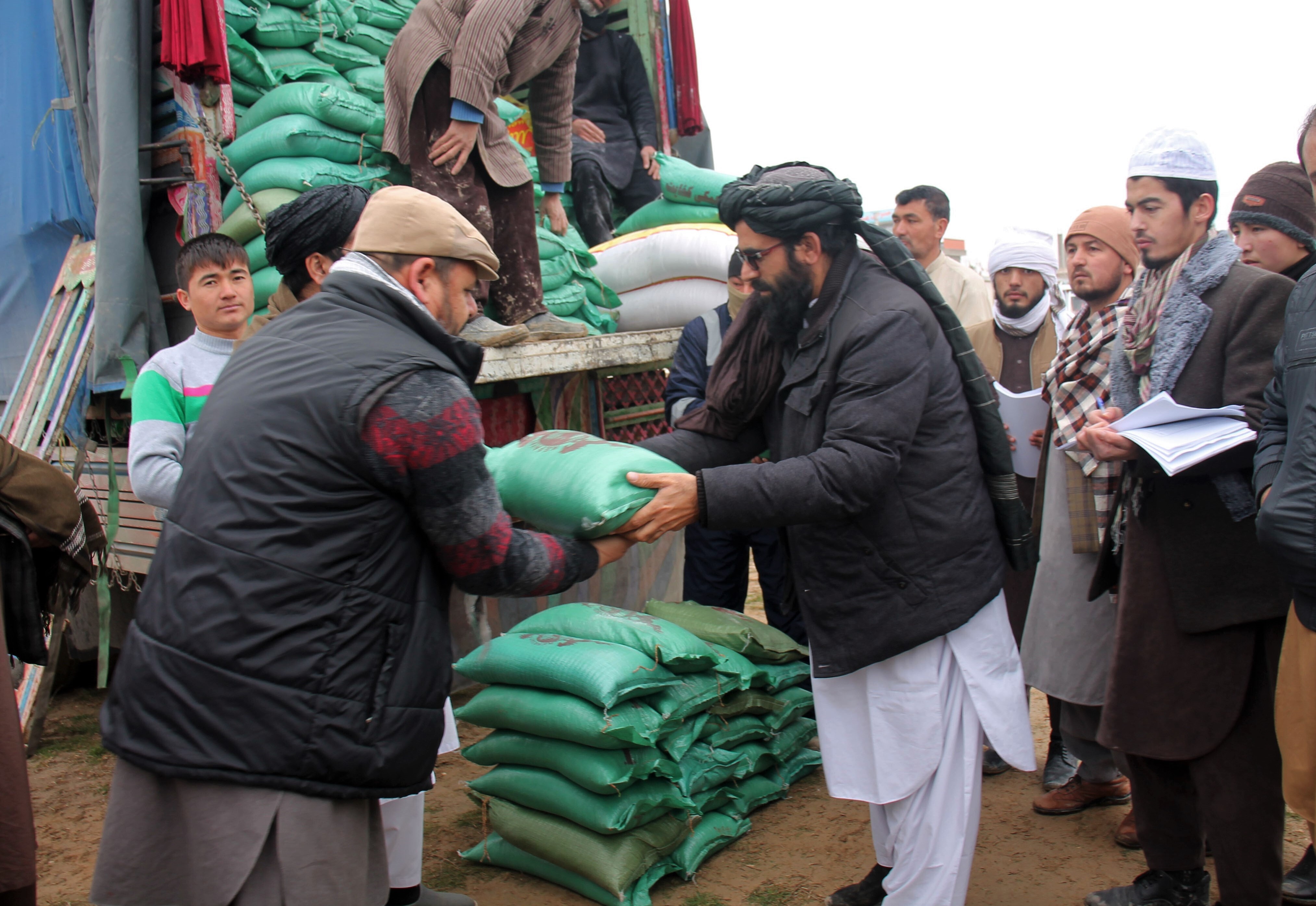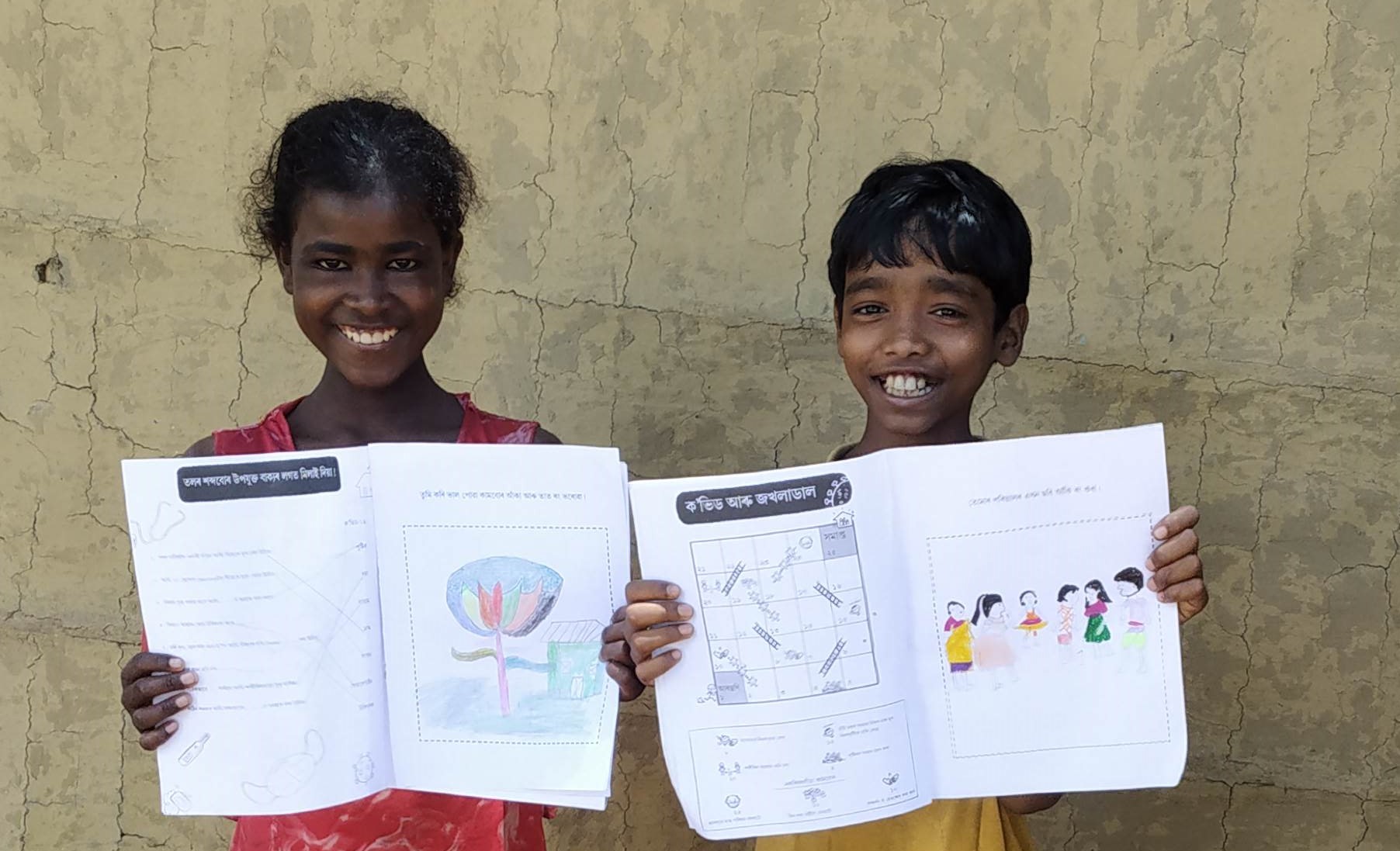Nutrition
Local food instead of imported goods

Ramadan is the holy month of fasting in Islam. Many Muslims fast during the day and eat only at night. Traditionally, the dishes served for breaking the fast at Ramadan nights are particularly tasty. But this is difficult to maintain in times of conflict and economic woes, like in Libya at present. “Libyans insist on rich food: if they can’t fill their tables with pizza, pastries and sweets, they feel indigent and hungry,” claims 39-year-old teacher and journalist Rabiha Habbas from the capital Tripoli.
Until about 40 years ago, Libyans depended on their natural food resources such as dates, barley and locally planted vegetables. “Now is the season of many vegetables in Libya, such as tomatoes, pepper, cucumber, pumpkin and aubergines,” says Tarek Alsadawy, a 43-year-old farmer. “The kilogramme price of all these vegetables doesn’t exceed 20 cents,” he adds. The farmer calculates the price on the black market rate for dollars, which controls the daily life of Libyans.
Barley is another traditional staple food. “We bake different kinds of bread from barley. The most famous one is Bazen, which we eat with a hot tomato-and-pepper sauce,” says 63-year-old Fouzia Sakran. “We also bake sweet barley cakes, which we call Zamita. The preparation is complicated and takes days, but the result is very tasty. We eat the Zamita with olive oil and date juice,” she explains. “We usually eat it at late night because it helps resisting thirst and hunger during the Ramadan fasting.” There is also ready-made Zamita available at the market.
“Of course, the traditional food is high in calories,” explains nutrition expert Habiba Saleh. “However, the imported canned food which fills the shelves of supermarkets is no better. Because the performance of the responsible supervisory board of the government is weak, there are suspicions that many of these imported food items are carcinogenic,” Saleh explains. “Many of the colourings and other additions used in these food products are artificial or chemical and cause serious diseases.”
A local NGO called Arraqeeb Libyan Consumers Protection Organization (ALCPO) regularly warns of the risks of food colouring. Whenever they detect canned food that contains dangerous additives in Tripoli’s supermarkets, they post a warning to the public.
Moutaz Ali is a journalist and lives in Tripoli, Libya.
ali.moutaz77@gmail.com
Link
Arraqeeb Libyan Consumer Protection Organization (ALCPO):
https://www.facebook.com/%D9%85%D9%86%D8%B8%D9%85%D8%A9-%D8%A7%D9%84%D8%B1%D9%82%D9%8A%D8%A8-%D8%A7%D9%84%D9%84%D9%8A%D8%A8%D9%8A%D8%A9-%D9%84%D8%AD%D9%85%D8%A7%D9%8A%D8%A9-%D8%A7%D9%84%D9%85%D8%B3%D8%AA%D9%87%D9%84%D9%83-203091006821281/













